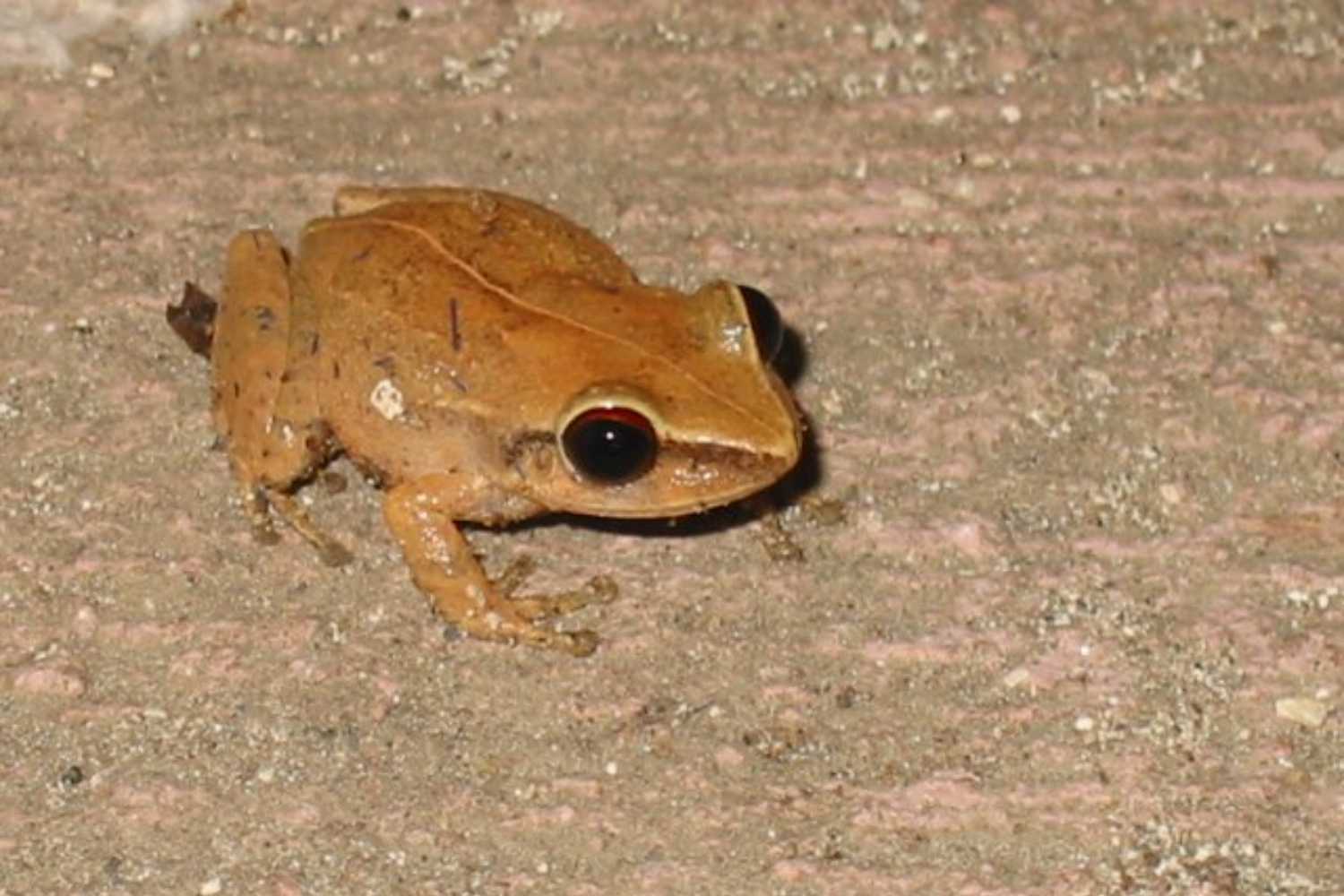Tourists in Puerto Rico complain about the loud coquí frog, prompting a passionate local defense of this beloved cultural and ecological symbol.

@Wikipedia
The frog that sings too loud
In the lush evenings of Puerto Rico, there’s a sound that rises above the rustling palms and distant waves — a sharp, rhythmic “co-quí, co-quí.” It belongs to the coquí frog, a tiny, tree-dwelling amphibian endemic to the island. For Puerto Ricans, it’s more than just background noise. It’s a lullaby, a symbol, and for many, the literal sound of home.
But not everyone feels the same. A recent social media post by a tourist asking — perhaps half-jokingly — if there’s a spray to make the frog stop singing has sparked a heated debate. Shared in a local Facebook group, the comment drew swift backlash and hundreds of replies, the vast majority fiercely defending the coquí’s place in the Puerto Rican ecosystem and soul.
Not a nuisance, but a national icon
Residents were quick to point out that the coquí is a national symbol, its name onomatopoeically mimicking the very call that seems to be causing such dismay. You’ll find its image on T-shirts, keychains, postage stamps, and murals across the island. Children grow up with its chirp outside their windows. Musicians reference it in traditional songs. It’s in the fabric of everyday life.
“The coquí is part of who we are,” wrote one commenter. “If you can’t handle the sound of Puerto Rico, maybe Puerto Rico isn’t for you.”
And indeed, the reaction reflects something deeper than mere annoyance. It’s a clash of expectations between visitors and locals — a moment that lays bare the tension between tourism and tradition.
A fragile balance between welcome and respect
Tourism remains vital to Puerto Rico’s economy, generating around $5 billion (circa 4.6 miliardi di euro) annually. But the post about the frog has served as a reminder that the line between cultural experience and cultural insensitivity is thinner than it seems.
What might strike some as a minor irritation — a sleepless night, perhaps — for others is a beloved soundscape, woven into memory and identity. The coquí’s call isn’t just natural; it’s essential, both biologically and emotionally.
Educating with empathy
In response to the uproar, several local groups have launched informational campaigns aimed at helping visitors understand why the coquí matters. Flyers, social media posts, and short videos explain that the frog isn’t just cute — it’s a bioindicator, meaning its presence reflects the overall health of the island’s environment.
By listening to the coquí, scientists can assess air quality, humidity, and even climate shifts. So when you hear it at night, you’re not just hearing nature — you’re hearing evidence that the ecosystem is alive and well.
And maybe that’s the lesson here. Travel is not just about seeing new landscapes or tasting unfamiliar foods. Sometimes, it’s about letting the place speak — literally — and learning how to listen, even if it keeps you up for a night or two.
